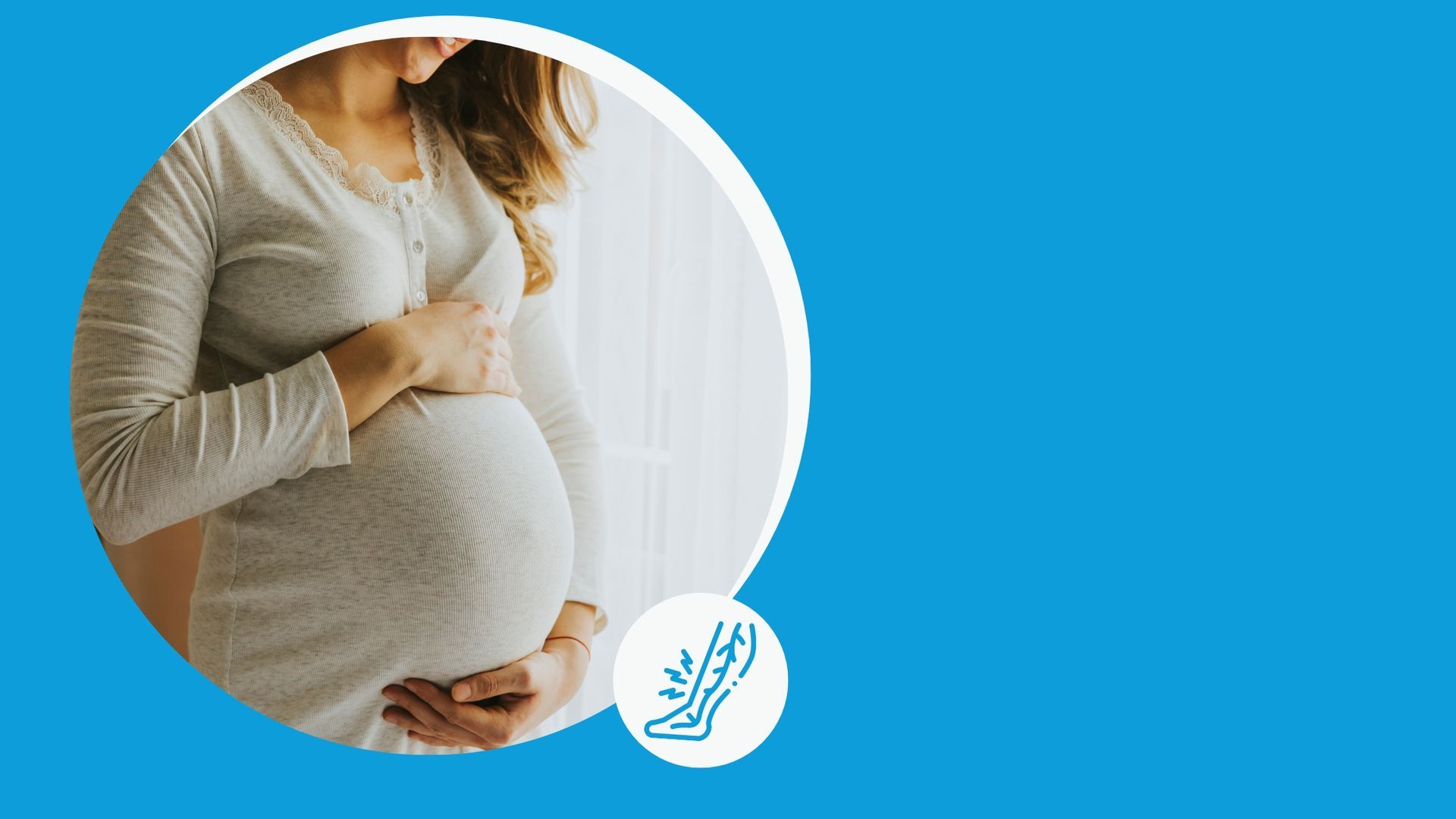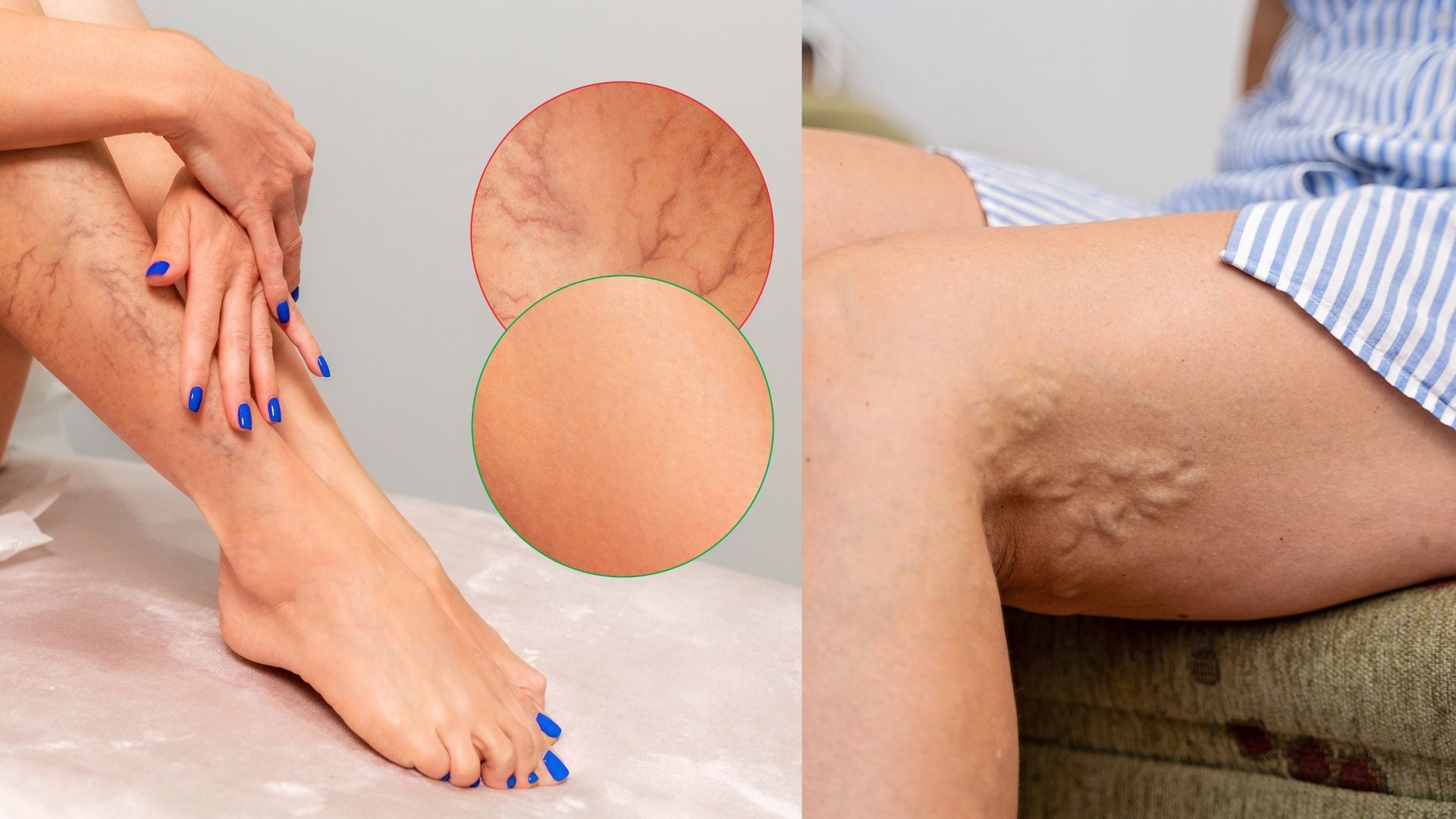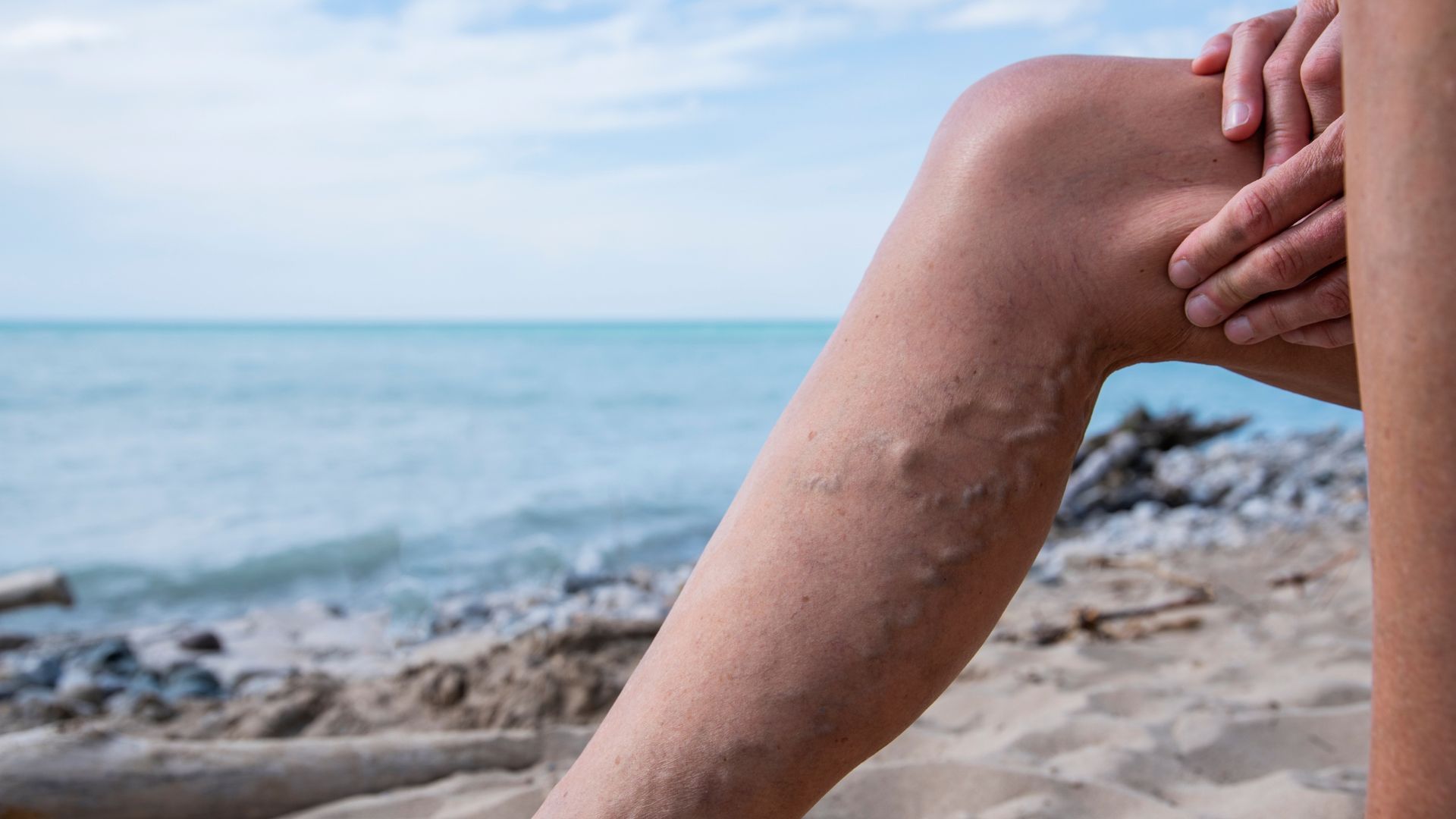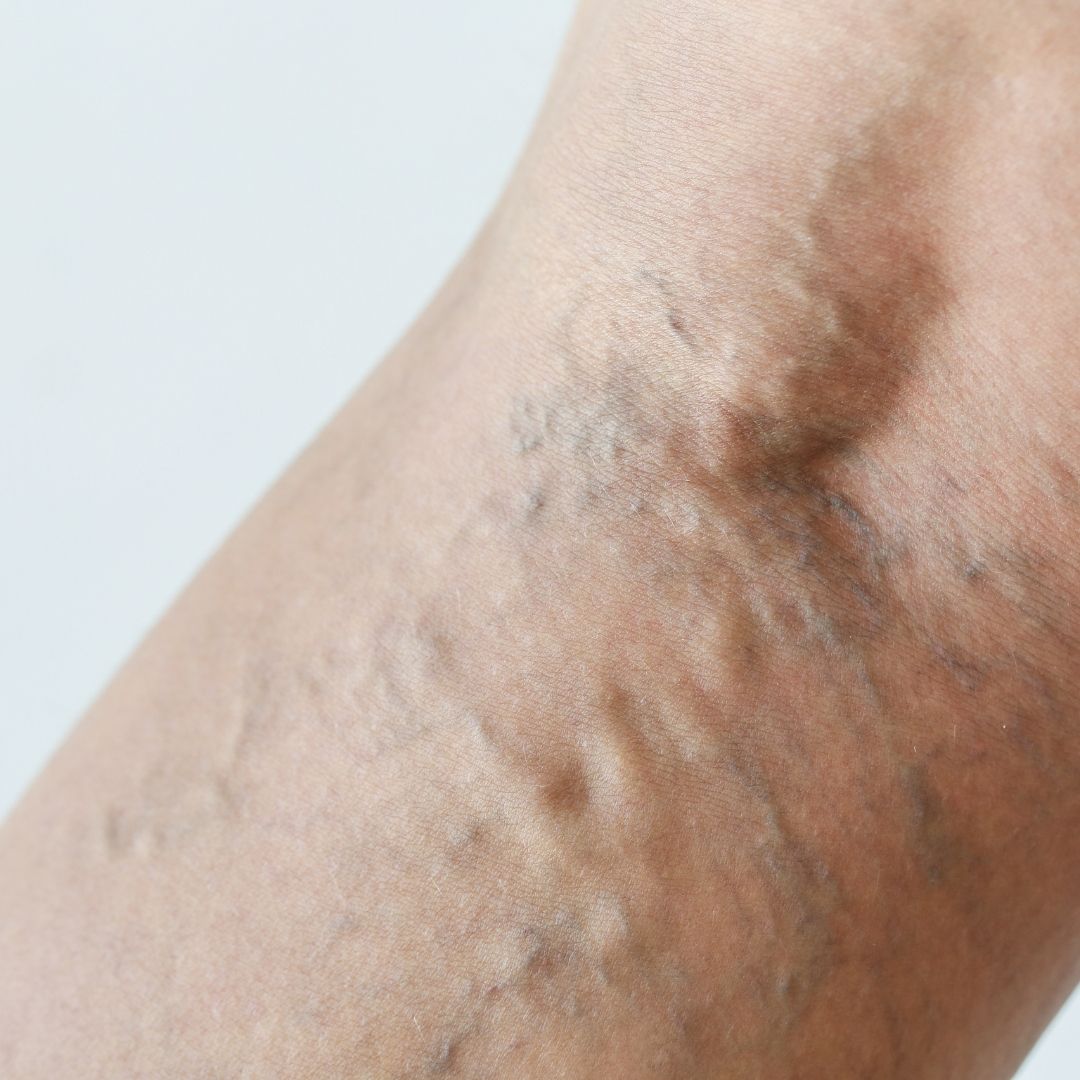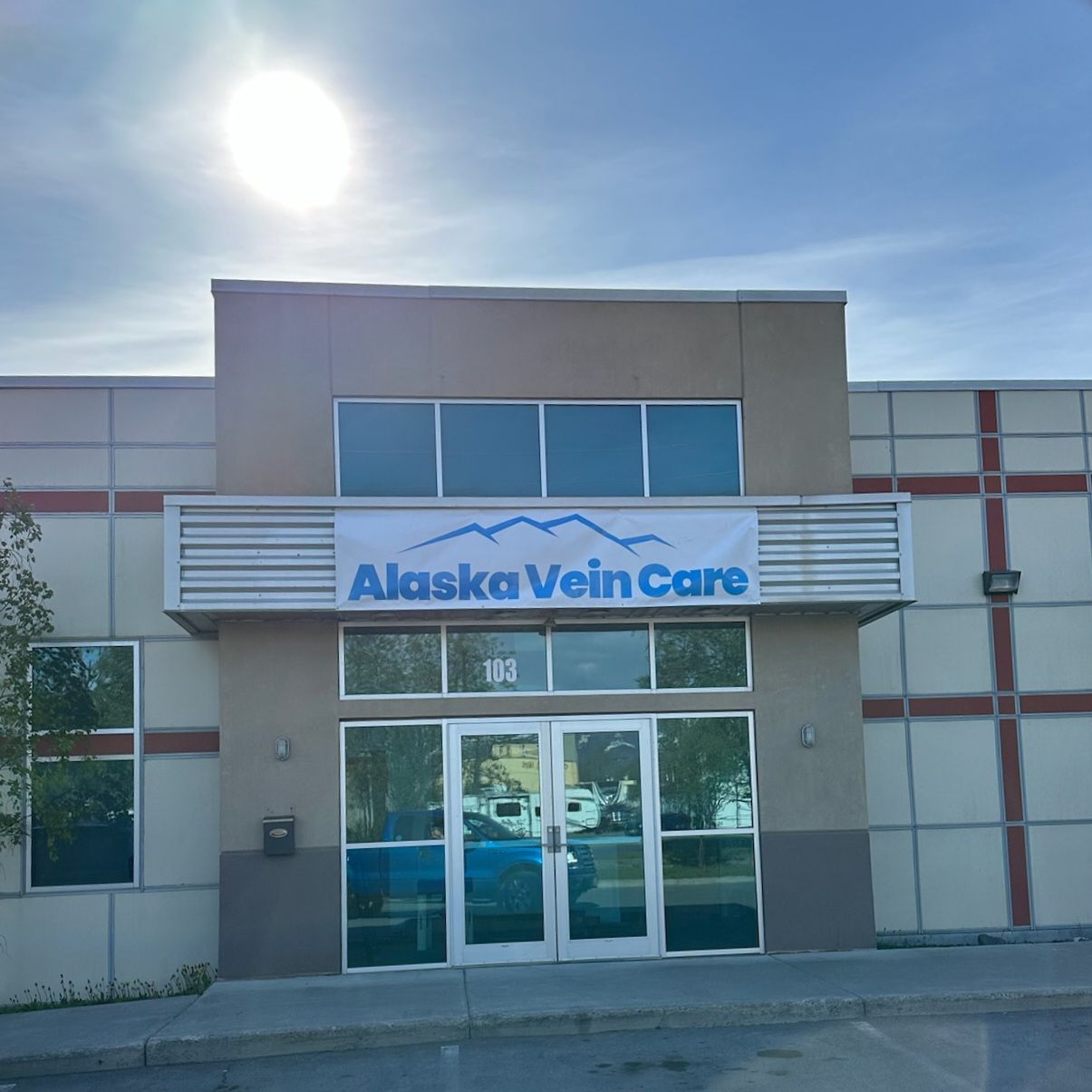Varicose veins are a common condition characterized by twisted and enlarged veins, primarily affecting the legs. While medical interventions can effectively treat varicose veins, incorporating certain lifestyle modifications can also play an important role in managing the symptoms and improving overall vein health. In this article, we will explore six lifestyle modifications, including dietary adjustments, regular exercise, and other practices that can help individuals with varicose veins find relief and maintain optimal vein function.
6 Lifestyle Tips for Managing Varicose Veins: Diet, Exercise, and More
What are varicose veins?
Great ways to manage varicose veins
1. Maintain a Healthy Weight:
Maintaining a healthy weight is crucial for managing varicose veins. Excess weight puts additional pressure on the veins, hindering blood circulation and exacerbating the condition. Aim to achieve and maintain a healthy body weight through a balanced diet and regular exercise. Consult with a healthcare professional or a registered dietitian for personalized guidance on a suitable dietary plan. Not only will this help with vein health, but it allows people to participate in more of their favorite activities.
2. Follow a Balanced Diet:
A nutritious, well-balanced diet can support vein health and reduce the risk of complications associated with varicose veins. Incorporate the following dietary recommendations into your daily routine:
- Consume a variety of fruits and vegetables: They provide essential nutrients, antioxidants, and fiber that promote overall vascular health.
- Increase dietary fiber: A high-fiber diet aids in maintaining regular bowel movements, preventing constipation, which can contribute to increased pressure on veins.
- Stay hydrated: Drink an adequate amount of water to support proper blood circulation and overall hydration.
3. Engage in Regular Exercise:
Regular exercise is beneficial for individuals with varicose veins as it promotes better blood circulation, strengthens the leg muscles, and reduces vein-related symptoms. Incorporate the following exercises into your routine:
- Low-impact aerobic exercises: Walking, swimming, and cycling are excellent choices as they improve blood flow without placing excessive strain on the veins.
- Leg exercises: Perform exercises that target the leg muscles, such as calf raises, leg lifts, and ankle circles, to enhance muscle tone and support vein function.
4. Elevate Your Legs: Elevating your legs can help reduce swelling and relieve discomfort associated with varicose veins. Whenever possible, elevate your legs above heart level to encourage blood flow back towards the heart. Incorporate leg elevation into your daily routine, especially after prolonged periods of standing or sitting.
5. Avoid Prolonged Sitting or Standing:
Extended periods of sitting or standing can impede blood circulation and contribute to the development or worsening of varicose veins. If your work requires sitting for long durations, take frequent breaks to stretch your legs and promote blood flow. Similarly, if you have a job that involves prolonged standing, try to take short breaks to walk and flex your leg muscles. Most experts recommend moving around every 30 minutes if possible.
6. Wear Compression Stockings:
Compression stockings can provide relief by applying gentle pressure to the legs, aiding blood flow and reducing swelling. Consult with a healthcare professional to determine the appropriate compression level and type of stockings suitable for your condition.
Incorporating lifestyle modifications alongside medical treatments can significantly contribute to managing varicose veins and improving overall vein health. By maintaining a healthy weight, following a balanced diet, engaging in regular exercise, and adopting practices like leg elevation and wearing compression stockings, individuals can alleviate symptoms, reduce the progression of varicose veins, and enhance their quality of life.
While lifestyle modifications play a crucial role in managing varicose veins and improving overall vein health, it's important to note that these modifications cannot reverse existing varicose veins. Lifestyle changes primarily focus on symptom management, reducing the progression of the condition, and preventing complications. For individuals with existing diseased veins, it is essential to seek medical evaluation from a vein specialist who can assess the severity of the condition and recommend appropriate treatment options. Medical interventions, such as radiofrequency treatments, sclerotherapy, and other minimally invasive surgical procedures, may be necessary to address existing varicose veins effectively. Consulting with a healthcare professional will ensure a comprehensive approach to managing varicose veins and provide the most appropriate treatment options tailored to individual needs.
If you are experiencing symptoms of varicose veins or have concerns about your vein health, it is important to seek professional guidance. A vein specialist can provide a comprehensive evaluation of your condition and recommend the most suitable treatment options. Don't hesitate to reach out and schedule an appointment to receive a professional opinion tailored to your specific needs. Your vein health matters, and taking proactive steps towards managing varicose veins can make a significant difference in your quality of life.
If you are in Alaska and need to meet with a trusted vein specialist, please reach out to us at (907) 334-3347 and we'll work with you to get you the help you need.
Explore the sources used for the creation of this article:
Mayo Clinic. (2021). Varicose veins. Retrieved from https://www.mayoclinic.org/diseases-conditions/varicose-veins/symptoms-causes/syc-20350643
American Society of Hematology. (2021). Varicose veins. Retrieved from https://www.hematology.org/education/patients/blood-clots/varicose-veins
National Heart, Lung, and Blood Institute. (2021). What are varicose veins? Retrieved from https://www.nhlbi.nih.gov/health-topics/varicose-veins
Society for Vascular Surgery. (2021). Varicose veins and spider veins. Retrieved from https://vascular.org/patient-resources/vascular-conditions/varicose-veins-and-spider-veins
Disclaimer: The information provided in this article is for educational purposes only and should not be considered a substitute for professional medical advice, diagnosis, or treatment. It is crucial to consult with a qualified healthcare professional or vein specialist for personalized guidance and recommendations tailored to your specific condition. Every individual's situation is unique, and the management of varicose veins may vary based on various factors. Always seek the advice of a healthcare professional with any questions you may have regarding your vein health or medical condition.
Articles
